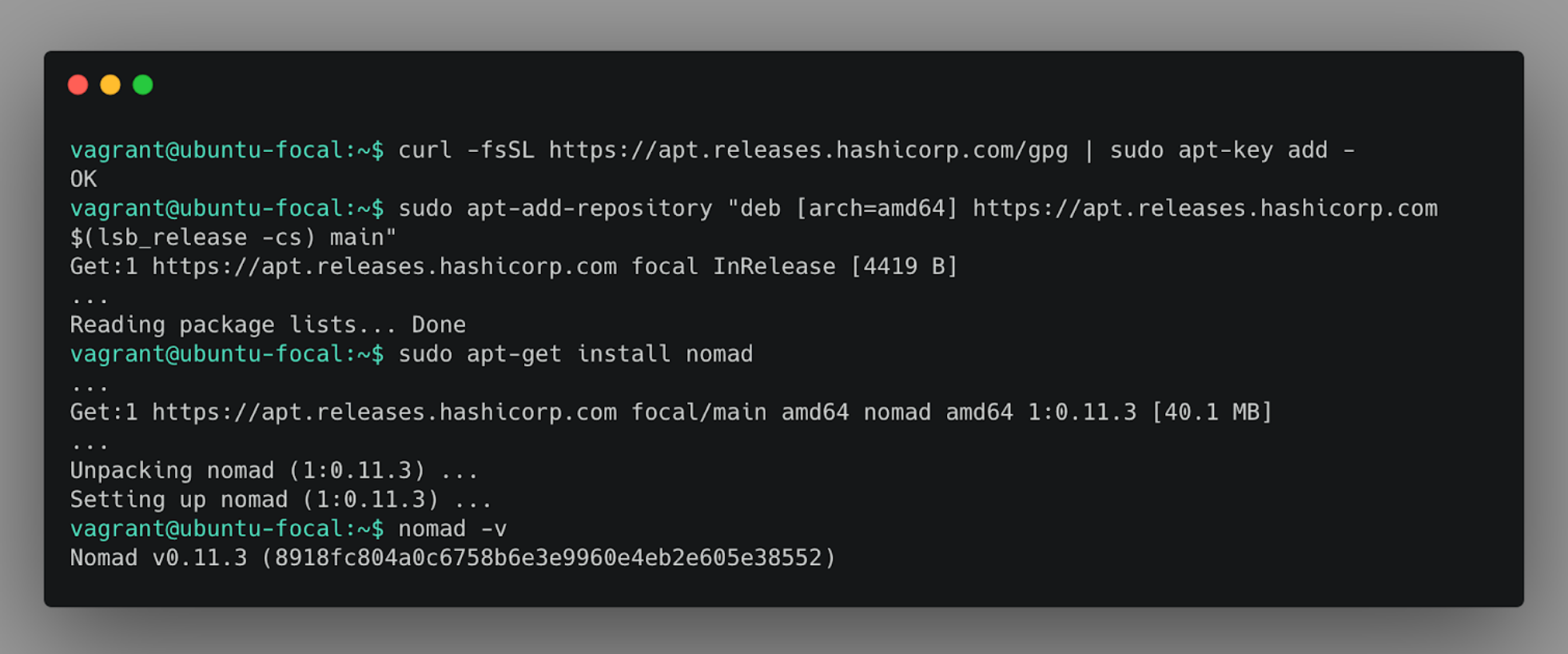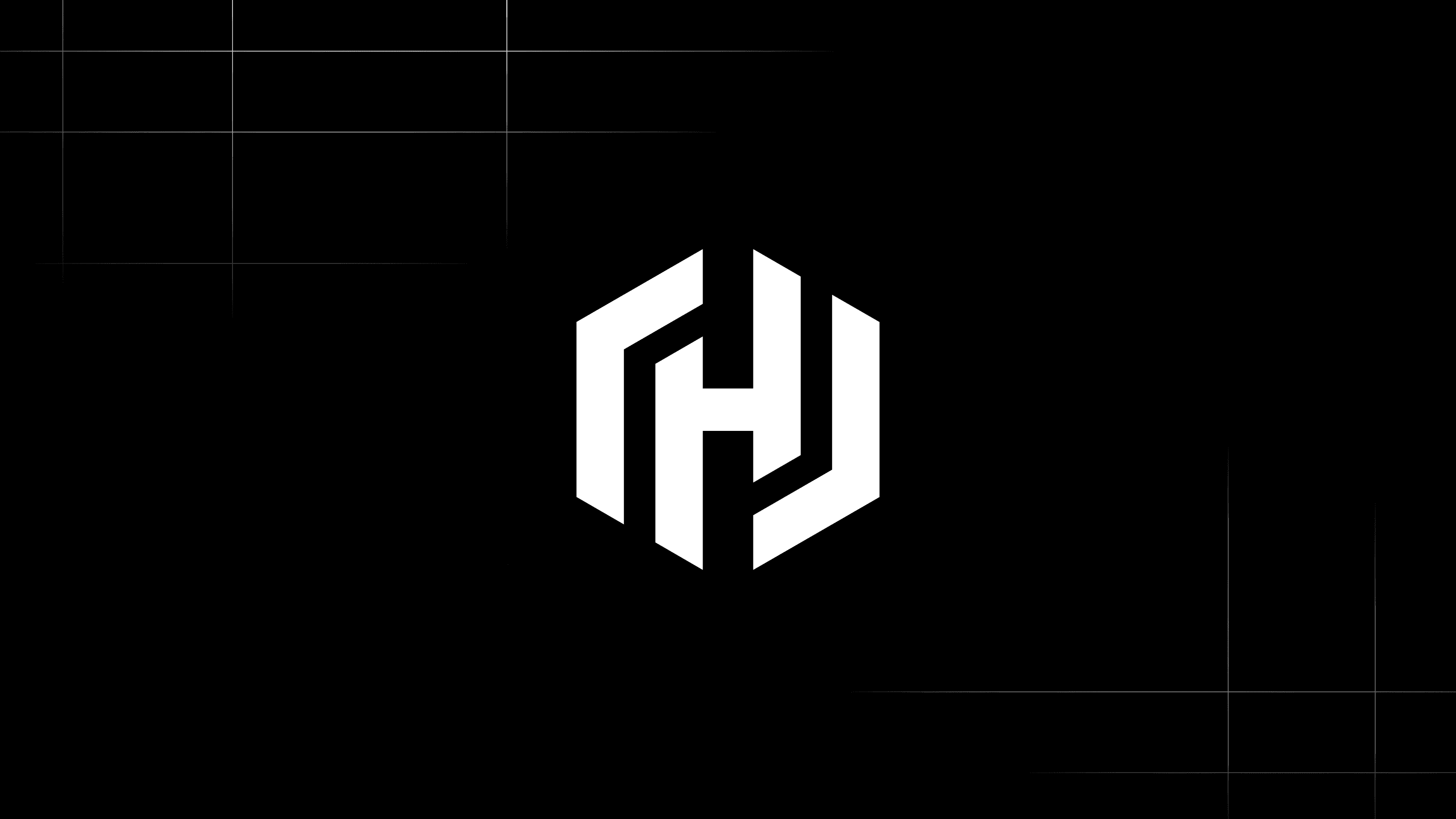Today we’re happy to announce HashiCorp’s official Linux repository, a source of Debian and RPM packages for HashiCorp products. These packages will provide Linux users with a better installation and upgrade experience.

»What Packages Are Available?
Currently, Debian and RPM packages are available for HashiCorp Vault, Consul, and Nomad for both open source and enterprise versions. A number of supported versions of these products are available, and new versions will be published as they’re released to releases.hashicorp.com. The repository also offers a test branch which includes betas and release candidates.
Apt users can add the repository with:
-
wget -O- https://apt.releases.hashicorp.com/gpg | gpg --dearmor | sudo tee /usr/share/keyrings/hashicorp-archive-keyring.gpg -
echo "deb [signed-by=/usr/share/keyrings/hashicorp-archive-keyring.gpg] https://apt.releases.hashicorp.com $(lsb_release -cs) main" | sudo tee /etc/apt/sources.list.d/hashicorp.list
Yum and DNF users can add the repository with:
wget -O- https://rpm.releases.hashicorp.com/$release/hashicorp.repo | sudo tee /etc/yum.repos.d/hashicorp.repo (Where $release is “RHEL”, “AmazonLinux”, or “fedora”).
More detailed instructions can be found in the official packaging guide. Instructions to access the repository can also be found here for Vault, Consul, and Nomad. Packages for Terraform, Packer, and Vagrant will be available later this year!
»Which Platforms Are Supported?
The Debian and RPM packages currently target popular x86_64/amd64 systemd systems. The repository supports many versions of Debian, Ubuntu, Fedora, CentOS, RHEL, and AmazonLinux. If your platform is not in this list but your system is compatible with Debian or RPM packages, you can still add the repository by specifying a supported release name for apt or $releasever for yum or dnf when you add the repository. This support will expand to other architectures and platforms in the future.
»What's in a Package?
There are a few components to a package itself:
- The binary for the product
- A configuration to run the product
- A unit file for your system to run a service
- Other install/uninstall hooks.
As stated above, the goal with this package distribution is to ease the installation and upgrade process, and the included artifacts will reflect that.
The included binary is the same Linux binary available at releases.hashicorp.com.
We have included default HCL for configuration with these packages that will allow a new user to be up and running quickly. Our philosophy in doing this was to facilitate a straightforward on-ramp for new practitioners, while allowing more experienced practitioners to replace our defaults with their own more specific configurations easily. We chose this path to provide the widest range of options for using the packages; due to the flexibility of our products and the wide range of problems they solve there is no “one size fits all” solution to configuration for installation.
The included systemd unit file and install/uninstall scripts were created in collaboration with our Enterprise Architecture team and Learn team to adhere to our recommended best practices.
»What's Next?
In addition to providing packages for Terraform, Packer, and Vagrant as well as expanding distribution and architecture support, we will make continuous improvements to our official Linux repository. We’re looking forward to the community feedback on these packages to provide the best possible experience for our users!







